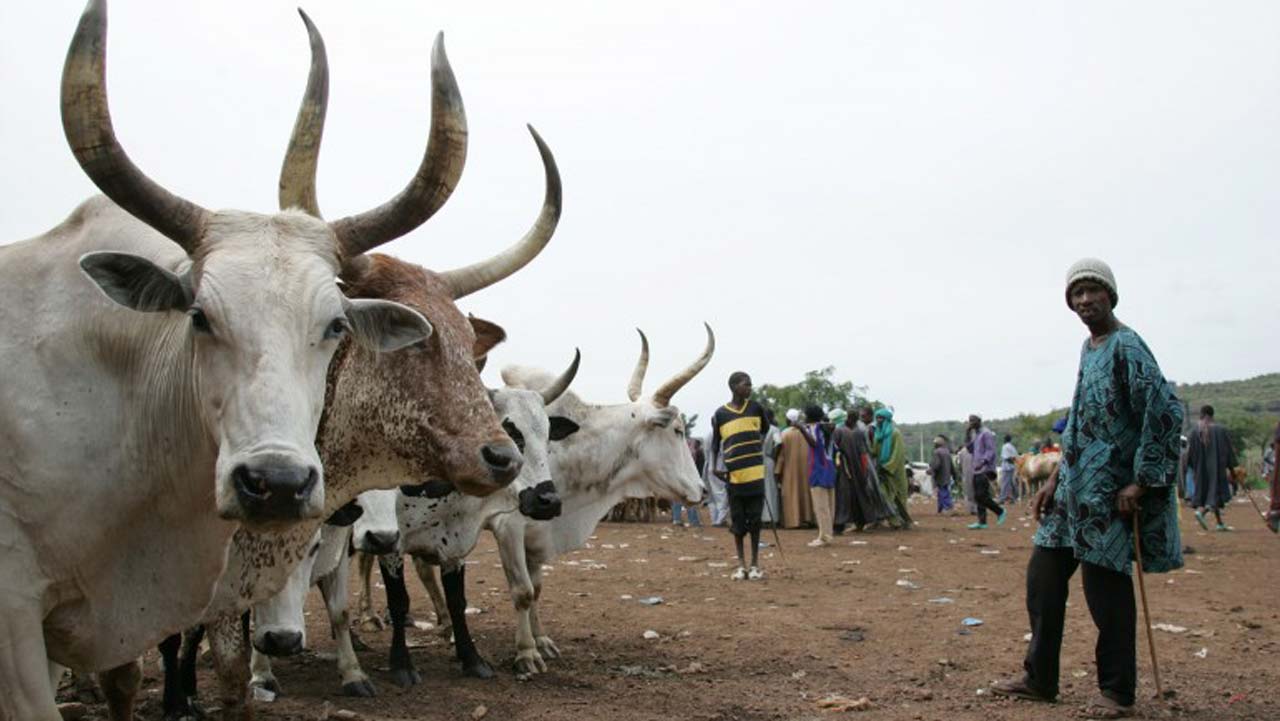
Historians say it is a repetition of the massacres of the Tivs in the riots of the early 1960s. The statistics are chilling and simultaneously infuriating.
Figures from Christian Solidarity Worldwide (CSW) put the number of persons killed by Fulani militias in the Middle Belt in the first quarter of 2018 at 1,061.
In its survey, Amnesty International put the number of deaths across 17 states since the beginning of the 2018 at 1, 8143.
In a summing up covering June 2015- to date, US Council on Foreign Relations earlier put the figure of those killed at 19, 890. About 54,595 lives were lost due to the activities of the insurgents between 2011 and 2018.
These figures don’t tell the whole story. Add the gory tales of Fulani herdsmen activities in your respective states; you have a sense of scale.
[related ids=”855240″]
These killings earned the country a non-enviable third place ranking in the 2018 Global Index on Terrorism (GIT).
Any one not disgusted by the shedding of innocent blood across the country most probably has lost his or her humanity. These days, the perception outside the country which is the truth is that Nigeria is a war zone.
In about 2000, at the turn of the century, the economist of London observed that, Nigeria was badly divided as a country.
It noted further that the football team, the only entity that momentarily unites the people, despite the talent of individual player; do not play as a team.
If that was the perception in 2000, now the unity does not exist, as the incumbent administration has completely eroded it mainstreaming the domination of a tiny migrant community over the rest component parts of the country.
Happy with its temporal hegemony, it is impervious to the logic of restructuring the country. Indeed, we are at the crossroads reached by the makers of July 1966 counter-coup with the conclusion that there is no basis for unity.
Under the current administration whose leadership the insurgents were ready to choose as a mediator while he was yet to be elected into office is unable to handle the insurgents that have now grown into a hydra-headed monster.
The daring attacks on national security formations are debilitating.
Need we search for the logic of reversal? The security forces of the country are not cohesive as it is divided by ethnic appointments in which of over 75 percent of leadership positions are occupied by a single ethnic nationality in a multinational country; deployment of men to frontline is also ethnically skewed while there is a loud absence of a coordinating national security agency where intelligence is sieved for the benefit of national wellbeing.
This is as a result of unbridled incompetence and hegemonic delusion. In a rather intriguing way, the country is being encircled by insurgents.
Carnage is on-going in Zamfara; Sokoto was breached by jihadists labeled by the outgone Inspector General of Police as Malian herdsmen. This is certainly not the country of our dream.
The above problems require solutions. On the contrary, President Buhari and his team have reinforced them weaving into the complex a benumbing hopelessness.
The litany is endless and saddening: 87 million living in extreme poverty (Brookings institution, 2018) and 13.2 million out of school, highest globally.
Clearly, the resolution of these sundry crises of the Nigerian state is beyond the current president.
Weakened by ill-health, devoid of vision and intellectual capacity to navigate the wide field of our national problems, he cannot provide solutions.
However, the president has failed to read the national mood and understand the lie of the state.
Browbeating his party into nominating him as the presidential candidate instead of paving way for a brand new candidate within his party reeks of ego and spiritual poverty.
I can only wish Mr President good luck. I should note that it is his right as a Nigerian citizen to vote and be voted for.
But what the presidential chat has revealed is the country is drifting and the extant leadership can only endure in a banana republic which Nigeria has become.
Should he force himself on Nigerians through a corrupt use of the security forces and manipulation of the electoral process, a reality already being foreshadowed by signals from these vital institutions of state, it will be unacceptable.
Indeed the leadership of the country has become a major contradiction to be resolved at least for now through the ballot.
Nigerians may be slow in acting, but they can never be taken for granted. I refuse to be a bondsman in my fatherland. For me, my choice is clear: it is goodbye to illusions.
Concluded
• Akhaine, an Associate Professor, Lagos State University is a Visiting member, The Guardian Editorial Board.
[ad unit=2]






